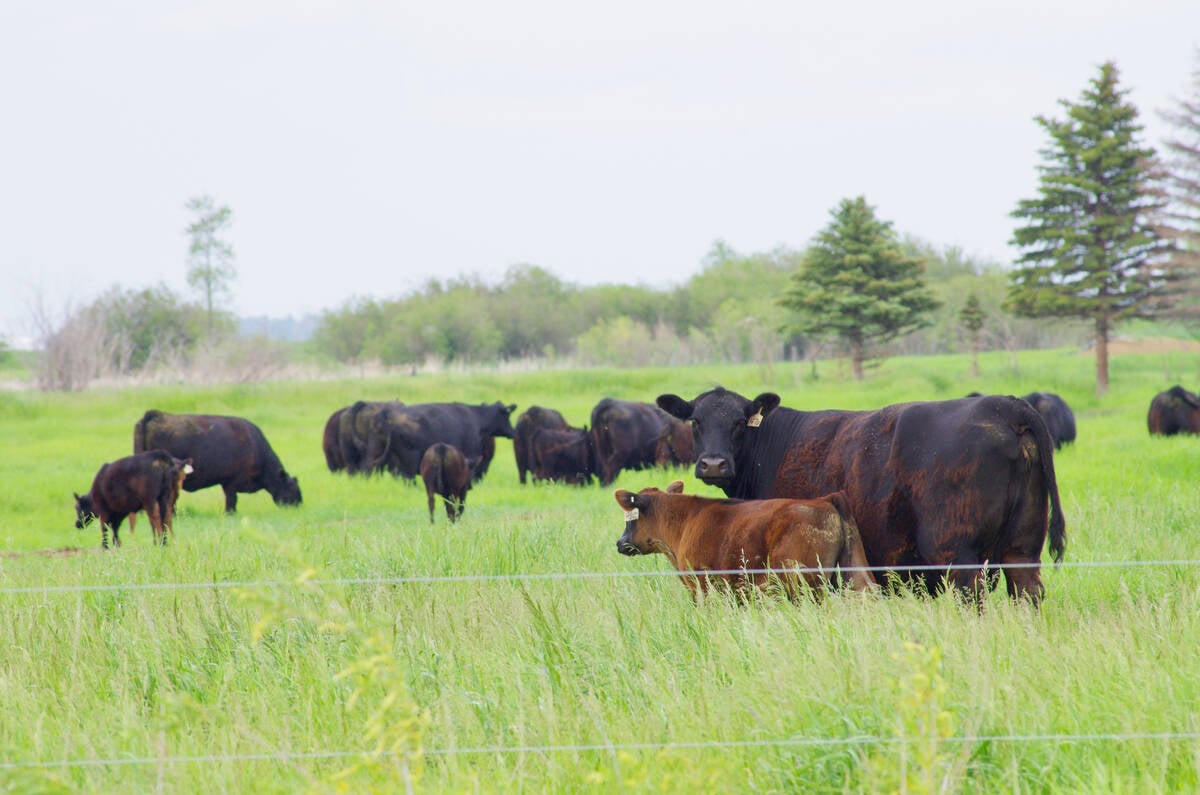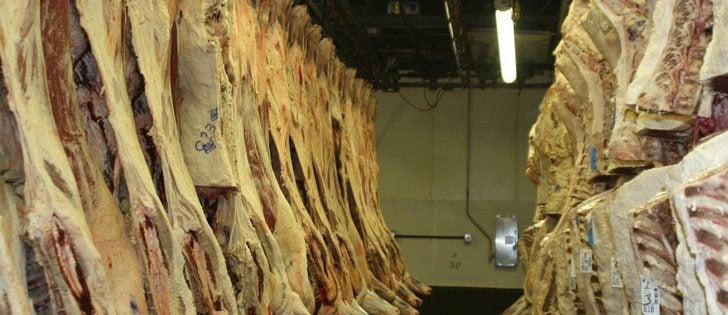Improves livestock digestion | New formulas break down fibre faster
Adding enzymes to pig and poultry diets is not new, but advanced forms are improving digestion and reducing the need for antibiotics.
Canadian Bio-Systems of Calgary recently released two new products: Superzyme-CS and Superzyme-W.
Superzyme-CS is an enzyme supplement for diets that include proteins from soybean, canola, peas and grain such as barley, wheat and corn. Superzyme-W is designed for use in feed where 70 percent or more of the diet is cereal grain or plant protein sources.
Bogdan Slominski, a nutritional biochemist from the University of Manitoba, has worked with Canadian Bio-Systems to develop new products for poultry and piglet diets.
Read Also

Tick research from the University of Manitoba focuses on insects and testing
Manitoba researchers are looking into the effects of tick and fly disease in cattle.
Pigs lack the necessary enzymes to digest certain fibres that have a high level of viscosity.
They may not get the full feed value or develop intestinal upset or scours from certain feed. Enzymes can lessen that risk.
“Enzymes have been used for quite some time. This is nothing new,” Slominski said.
“We are trying to develop more diversified carbohydrate type of preparations to effectively hydrolyze (break down) certain indigestible components in feed ingredients.”
Enzymes are biologically active proteins that speed up chemical and biological reactions.
“Various products were used to reduce the viscosity in the gut, which was caused by certain polysaccharides in wheat or rye,” he said.
Polysaccharides include starch, cellulose and glycogen.
Chickens that eat wheat, barley or rye or animal protein supplements such as fishmeal may require enzymes to improve digestion.
These feeds can be highly viscous and may impair nutrient digestion while at the same time feeding bacteria. Carbohydrate enzymes improve digestion and nutrient absorption and prevent the growth of bacteria in the ileum.
Enzymes include products such as phytase, which selectively breaks down the bonds that hold phosphorus to phytate. This increases digestibility of the nutrient and reduces the need for added dietary inorganic phosphorus.
Products such as xylanase, beta-glucanase, cellulase and carbohydrase break down the indigestible fibre components within pig diets.
Slominski and his colleagues have also added enzymes to improve the digestibility of dried distillers grain.
Broilers could receive 10 percent DDGs in a normal feed mix, but that could increase to 15 percent with added enzymes.
“If you use enzymes for wheat or corn, why not use them for DDGs,” he said.
Another research program uses enzyme technology in ethanol plants. It usually takes about two days to convert starch to ethanol, but adding certain enzymes reduces the grain’s fibre content and accelerates the fermentation process.

















